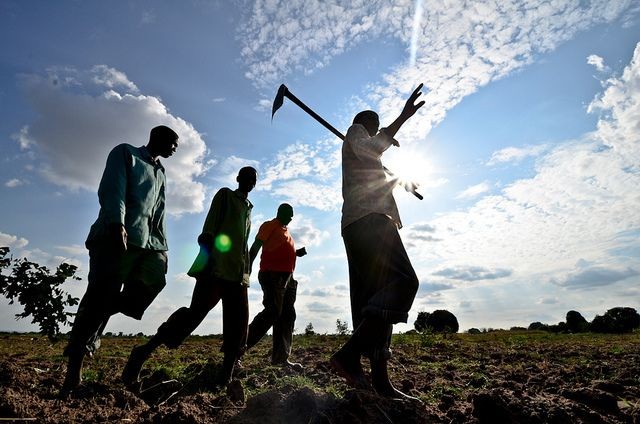Migration of especially the youths from their rural villages to urban towns have negatively affected the agricultural sector. Majority of people move to urban centers in search of white color jobs. This abandonment of rural areas has seen many crops in villages being left unattended and lands to remain fallow.
A realization of how venturing in agribusiness can be a major revenue earner to people can perhaps rectify the situation. Unfortunately majority Kenyans would rather put on suits and earn peanuts than get their hands dirty and earn millions.
The migration of able bodied young Kenyans to cities have led to a lack of enough labor force to cater for agricultural sector. Majority of those left in villages are either old people or disabled persons who are unable to work on the farms.
Current generation seems not to embrace their culture with many young people struggling to copy and live like foreigners. This trend has made many self-proclaimed “cool youths” refuse to get associated with their villages.
Agricultural sectors continues to face another challenge of low output size. This is as a result of very few people venturing in agricultural sector, with most land being invested in real estate.
The migration of people from rural to urban centers results in food insecurity in the country. The migration has also resulted in increased cases of child labor. When the youth who can work on farms move to urban centers, the young generation left in villages are the ones forced to work on farms. Such children’s education is hence affected. The quality of agricultural produce is hence of low quality due to inexperienced illiterate labor force on the farms.






